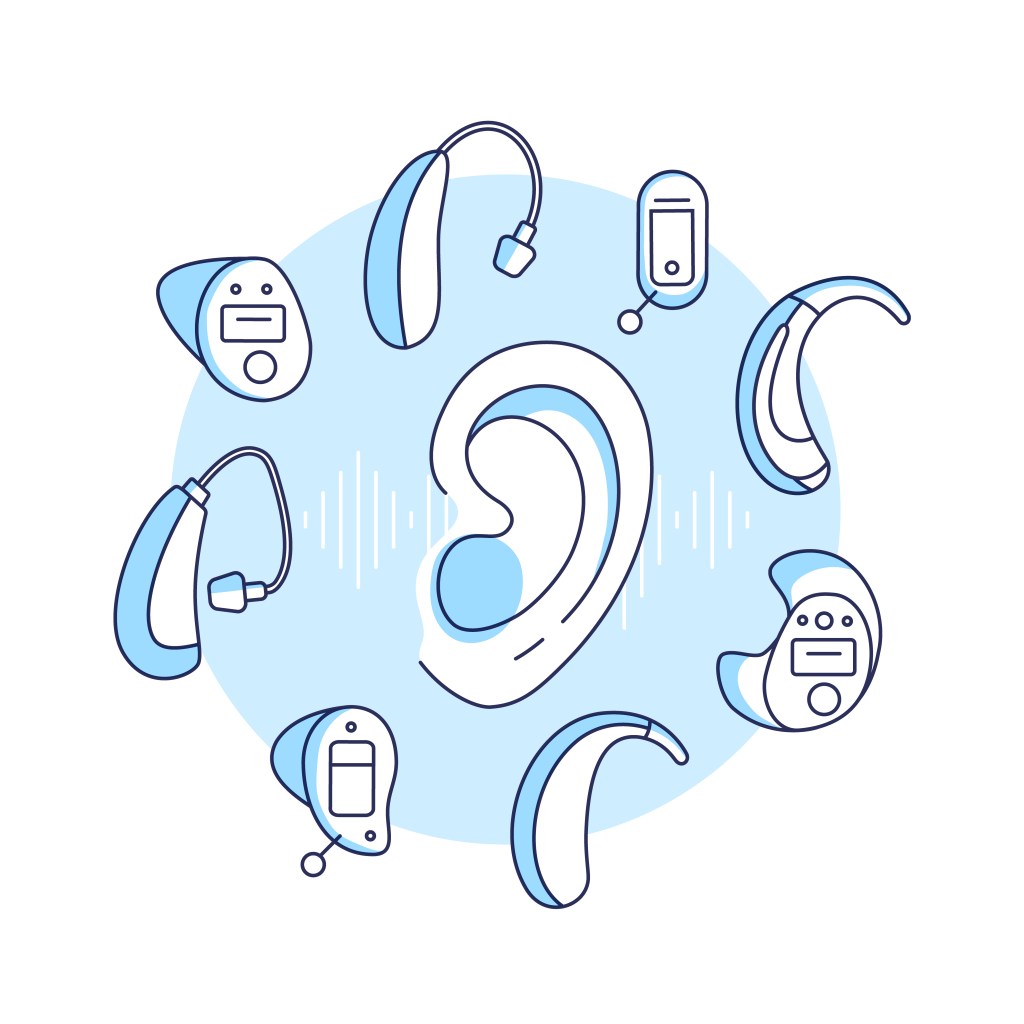The hearing loss market has long been dominated by a handful of legacy players with little incentive to innovate due to outdated regulations and social stigma. But a new ruling from the U.S. Food and Drug Administration could revolutionize the market by driving competition, giving startups a greater chance at success in this sector.
On Monday, the FDA announced that hearing aids and other hearing technology can now be sold over the counter. This ends a system that mandated a prescription, which resulted in high costs due to low competition — not to mention being a time-consuming and hard-to-navigate endeavor for patients. Founders and insiders in the audiology field think this decision will be a catalyst to bring better products and care to those with hearing loss.
Nicholas Reed, a professor at Johns Hopkins University and a researcher on the intersection of audiology and public health, said this ruling will be monumental in driving innovation in the space.
“This fundamentally changes things,” Reed told TechCrunch. “Now a company can look at the hearing market and say, ‘Hey, I don’t have to go through that traditional distribution channel. Now I have access to 35 million Americans with hearing loss I can sell direct to.’ That’s powerful stuff.”
Blake Cadwell, the founder of Soundly, a recently launched platform that aims to make it easier for consumers to vet different hearing technology options by need and price, said that he anticipates a lot of interesting innovation because this ruling opens the door for the consumer tech side of hearing loss.
He said that while the prescription route will still make sense for many, individuals with mild hearing loss could soon see more viable options. The lengthy and costly existing process of getting a prescription might not make sense for those who only need hearing help in certain situations, like during meetings or when attending a conference.
“I went from a non-hearing aid wearer to then being a hearing aid wearer — it was a full immersive experience, 10 to 12 hours a day,” Cadwell said. “It felt extreme. Over-the-counter opens up opportunities where I can use them as a tool in my life versus it being this more serious constant.”
It’s widely expected that the big consumer tech companies will move into this space in future years, including Bose, Sony and Apple.
Taking a more consumer tech approach will also allow competition to drive down the costs. An average pair of hearing aids today costs between $2,000 and $7,000 and is largely not covered by insurance, which can deter those in need due to financial reasons. Of the existing over-the-counter products, many options are less than a quarter of the cost without a huge sacrifice on quality, Reed found in his research. He expects more low-cost options will come in the wake of the FDA ruling.
The ruling also expands the total addressable market for both new upstarts and existing startups. Patrick Freuler, the founder and CEO of Audicus, an online hearing aid startup, said that since his company launched 10 years ago, it’s had to navigate both federal and state rules to remain compliant with regulations.
“It’s anywhere between 30 million to 45 million people [with hearing loss] and only about a fourth actually own and use a hearing aid,” Freuler said. “You have very low adoption rate of hearing products among those who could benefit from it. Ultimately, it will help a lot more people, especially with mild to moderate hearing loss, become first-time hearing aid buyers. As a result, you will have a market expansion that will create a flywheel.”
Both Freuler and Cadwell think the ability to get hearing loss products through DTC channels or at traditional retailers may also lessen the stigma associated with using the products, which would further add to the industry’s total addressable market.
“It’s really important to combat the stigma,” Freuler said. “Being able to see all of that in a retail environment, or a pharmacy environment, is going to go miles in removing that stigma.”
Cadwell agreed, especially for the stigma around younger people who are experiencing hearing loss. Cadwell started wearing hearing aids when he was 30, an age most incorrectly assume wouldn’t be commonly impacted by hearing loss.
“In the long term, you have the echo effect of this,” Cadwell said. “You see a reduction of stigma, which is a huge part of the category.”
Reed anticipates that consumers will see innovation roll out pretty quickly. He said there are some companies that have been developing their tech and getting FDA approval with the hope that this would happen. But he thinks this will spark many new players into the industry that could get new tech into the ears of those with hearing loss in just a few years.
“I think this is a game changer,” Reed said. “Anyone who wants to get involved, they can. They have the channel to reach people. Whether a company takes off now will be a reflection of the products and not the legacy companies’ hold on the market.”































Comment